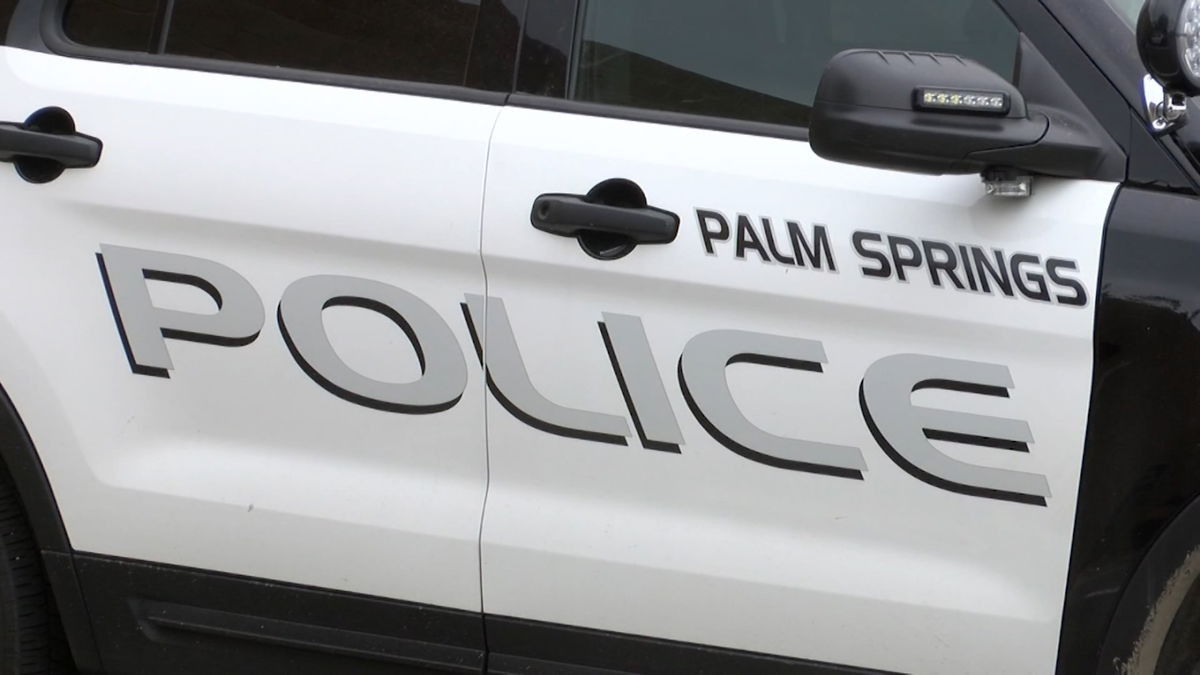Boris Johnson today hinted that the June 21 ‘freedom day’ will go ahead as he said he still does not see ‘anything’ in coronavirus data that would prevent the roadmap going ahead.
The PM delivered a bullish message on the prospects for the unlocking in England after a week of anxiety about whether the Indian variant will derail the country’s hopes.
Mr Johnson also flatly ruled out introducing ‘Covid certificates’ to get into pubs next month – words that will delight increasingly restive Tory MPs.
And he suggested that the details of the plans for June 21 will be unveiled by the end of the month, earlier than had been feared after the latest mutant strain started to fuel cases.
The positive comments contrasted with the position taken by Nicola Sturgeon, who announced this afternoon that Glasgow will stay in tougher Level 3 restrictions for another week, and warned that the R rate might be above one in Scotland as the variant spreads.
Speaking to broadcasters on a visit to Portsmouth, Mr Johnson said: ‘We will be letting everybody know exactly what sort of arrangements to expect for June 21.
‘But what I can tell you, and just to stress that I am still seeing nothing in the data that leads me to think that we’re going to have to deviate from the road map – obviously we must remain cautious but I’m seeing nothing that makes me think we have to deviate.
‘But on June 21 and vaccine certification – or Covid status certification I should say – people should bear in mind that I don’t see any prospect of certificates to go into pubs or anything else.’
Pressed on whether the public will continue to be asked to wear masks, Mr Johnson replied: ‘We will let people know as much as we possibly can by the end of the month about weddings, for instance.
‘All the details we’ll try and let people know by the end of the month about exactly where we think we’ll be on June 21, Step 4.’
The Prime Minister said eliminating the measure was the ‘single biggest difference’ the government could bring about in order to get pubs back into action, and he was eager for the rule to be scrapped by June 21, The Times reports
The Prime Minister Boris Johnson sits in the cockpit of an Lockheed Martin F-35 Lightning II during a visit to HMS Queen Elizabeth aircraft carrier
Mr Johnson speaks with members of the crew on the bridge during a visit to HMS Queen Elizabeth aircraft carrier
The Prime Minister stands on the flight deck during a visit to HMS Queen Elizabeth aircraft carrier on May 21
As long as the rule is in force, pubs, restaurants, theatres, cinemas and other hospitality businesses remain financially unviable, having to legally keep customers separated while using their premises, industry leaders have warned. Pictured: A bartender prepares cocktails at the Prince of Peckham pub, as it reopens to indoor customers, in London, Monday, May 17
While the Indian variant is spreading rapidly in pockets of the country, 60 per cent of local authorities in England have yet to record a case (shown in grey). But it is likely the variant has spread even further than the map suggests because the data only goes up to May 8. Experts have said they expect it to overtake the Kent strain and become dominant in the coming weeks and months
There were more conflicting signals about the variant today as government experts estimated England’s Covid outbreak may be on the rise – despite separate data suggesting the nation’s outbreak is flat.
No10’s top scientists estimated the R rate — which measures the spread of the virus — is now between 0.9 and 1.1, up from the lower estimate of 0.8 last week.
Random swabbing by the Office for National Statistics (ONS) found almost 50,000 people were infected with the virus on any day last week, or the equivalent of one in every 1,110 people. The estimate is up by 20 per cent on the previous seven-day spell.
The national body, whose estimates are watched closely by ministers, warned it was starting to see a ‘potential increase’. But its head of analytics for the Covid infection survey Sarah Crofts said ‘rates remain low and it is too soon to say if this is the start of a trend’.
But the figures came after two separate datasets yesterday suggested the opposite trend, allaying fears the Indian variant was spiralling out of control.
Public Health England’s weekly surveillance report found coronavirus cases had dropped in every region except the North West and in every age group except 5 to 9-year-olds.
Covid cases are only surging in three of 23 hotspots for the Indian variant — Bolton, Blackburn and Bedford — but are remaining flat in others and even falling in two — Sefton and South Northamptonshire.
And separate analysis from King’s College London found 2,270 Brits were developing Covid symptoms last week, barely a change from the previous seven-day spell.
Nicola Sturgeon is banning Scots from going to Indian variant ‘hotspots’ in England.
The Scottish First minister voiced alarm at the threat posed by the strain as she announced that Glasgow will remain under tougher lockdown measures for another week.
At a media briefing, Ms Sturgeon said cases had risen by a quarter north of the border in the last week, and the city had not ‘turned the corner’ despite intensive efforts to clamp down on infections with surge testing and vaccinations.
However, she said Moray – which had also been held back before when restrictions in the rest of Scotland were downgraded – will now move down from Level 3 to Level 2 from midnight.
East Renfrewshire will stay in Level 2 despite calls from some experts for tougher curbs, although Ms Sturgeon the situation would remain under ‘close review’.
Meanwhile, a temporary ban is being slapped on travel to parts of England that have been trying to contain the Indian variant – Bedford, Bolton and Blackburn and Darwin. It will come into force from Monday.
‘Despite all the efforts that have been made in the past 10 days, cases are still rising in Glasgow,’ Ms Sturgeon said.
She added authorities are ‘fairly certain’ the increase is being driven by the Indian variant of the virus.
The PM raised hopes by telling Conservative MPs earlier this week that his still expects the ‘one-metre plus’ rule for social distancing to be scrapped in June.
He told the 1922 committee that eliminating the measure was the ‘single biggest difference’ the government could bring about in order to get Britain’s pubs back into action.
Industry leaders say as long as the rule is in force many pubs, restaurants, theatres, cinemas and other hospitality businesses will not be financially viable.
Many have had to keep their doors closed throughout the coronavirus crisis.
The UK’s daily Covid deaths have fallen by more than a third in a week as seven more victims and 2,874 positive tests were recorded. Yesterday’s infections were up slightly on the 2,657 last Thursday, a rise of about 8 per cent, but the national case rate has remained stable since April.
More than 37million people have now received one vaccine injection — the equivalent of more than 70 per cent of all adults — and 21.2million are fully inoculated.
But the rise of the Indian Covid variant had sparked concerns that plans to end social distancing measures were in jeopardy, but on Wednesday Mr Johnson told the 1922 Committee of Tory MPs he was confident about abolishing the one-metre plus rule next month.
One MP who was at the 1922 meeting said: ‘He seemed very upbeat about removing the one-metre-plus rule next month.
‘He told us he fully realises that it is the biggest difference the government can make to letting pubs serve customers in reasonably normal conditions and that means getting rid of any capacity restrictions.’
Chief executive of the British Beer & Pub Association, Emma McClarkin, welcomed the news.
She said: ‘Given pubs are financially unviable under the current restrictions they face, being able to reopen without any restrictions at all from June 21 is going to be vital to their survival.’
It comes amid a glimmer of hope for a return to normality as England and Wales’ rapidly shrinking Covid outbreaks were laid bare by an interactive map that showed nearly 90 per cent of more than 7,000 neighbourhoods saw no deaths from the virus last month.
Office for National Statistics (ONS) data reveal April was the first month since August 2020 where the number of deaths was below the five-year average, with fewer than 1,000 virus-linked fatalities.
The overall death rate in England — 851.2 per 100,000 people — was the lowest rate for April since the ONS started recording mortality rates in 2001.
Positive test figures from the Wellcome Sanger Institute – which cover only lab-analysed cases in the two weeks between April 25 and May 8 – reveal the mutant Indian strain made up 50 per cent or more of all samples in 23 parts of the country by last week. Bolton and Blackburn in the North West remain the worst-hit areas with almost 600 cases between them and the variant making up 81 per cent of infections
Cases of a coronavirus variant first detected in India are rising in the UK, potentially threatening the lockdown-easing roadmap
MailOnline analysis shows the proportion of English and Welsh neighbourhoods with zero deaths increased from 57.9 per cent in March to 87.6 per cent last month — some 6,301 areas.
Just ten areas saw three deaths each, which was the highest amount for any postcode.
They were: Hounslow West in London, Summerfield in Birmingham, Woodthorpe and Arno Vale in Gedling, Great Sankey in Warrington, Birley in Sheffield, Stornton and Sixfields in Northampton, Grimsargh and Goosnargh in Preston, Rusper, Faygate and Leechpool in Horsham, Bridlington West in East Riding of Yorkshire and Canvey Island South West in Castle Point.
The ONS data also revealed that Covid was just the ninth leading cause of death in England last month — its lowest ranking since September 2020. Heart disease and dementia were the leading killers.
A total of 941 deaths were due to coronavirus in April, the equivalent of 2.4 per cent of all deaths registered in England. Another 35 were recorded in Wales.
Deaths have plunged over the past few months because of both strict lockdown restrictions and the mammoth vaccination drive, which has seen almost 37million adults jabbed.
Public Health England bosses have hailed ‘hugely encouraging’ data that showed cases remained ‘stable’ nationally at around 12,000 last week, and dropped in all age groups except 5 to 9-year-olds. Hospitalisations with the virus also fell across the country, while infection rates dipped in every region except the North West, which is struggling against an outbreak of the Indian strain.
Britain today also recorded just seven Covid deaths as the fatality toll continues to drop. Meanwhile, infections are flat with another 2,874 positive tests recorded. For comparison, 11 deaths and 2,657 cases were posted this time last week.
PHE also revealed that it had detected another mutant Covid variant in Yorkshire and the Humber which it has assigned as a ‘Variant Under Investigation’.
The strain — temporarily named AV.1 — has been spotted 49 times so far and there is currently no evidence that it causes more severe disease or renders vaccines less effective. Its effect on transmission is not yet understood.








